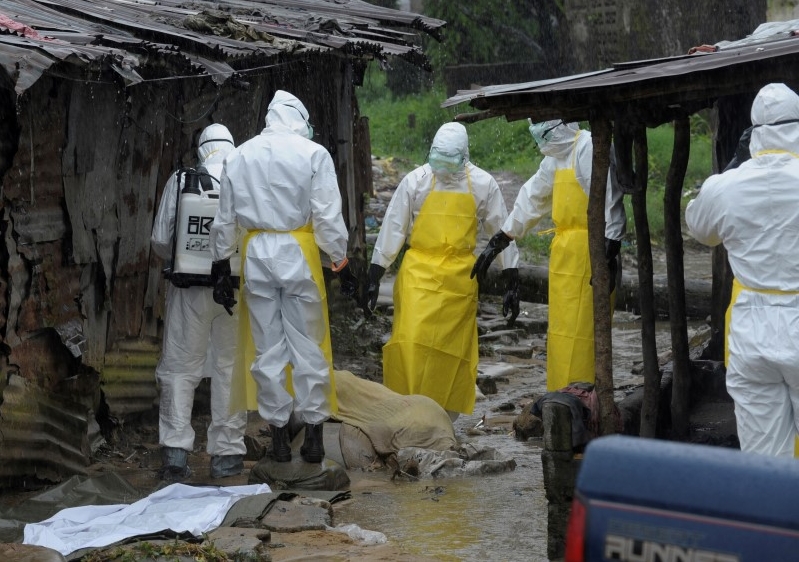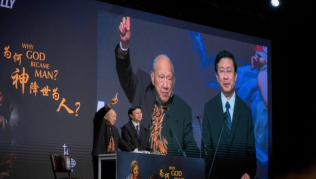
Liberia has reached the end of active Ebola virus transmission, the World Health Organization (WHO) said on Thursday, the fourth such declaration from one of the west African countries at the epicenter of the world's worst outbreak of the disease.
The declaration means it has been 42 days since the last confirmed patient tested negative for a second time for the disease.
Liberia first declared itself free of the virus in May 2015 but Ebola flared up again three times, most recently when a woman contracted it after traveling to neighboring Guinea and infecting her two children, the WHO said.
The WHO declared Sierra Leone free of the deadly haemorrhagic fever on March 17 and Guinea on June 1.
Tolbert Nyenswah, head of Liberia's Ebola response team, told Reuters the country had strengthened its surveillance and response capacity and its laboratory system since the start of the outbreak.
"We've proven we can contain the outbreak, we can intervene very swiftly," said Nyenswah.
Liberia, like Guinea before it, will now need to undergo an additional 90 days of heightened surveillance as the disease can live on in survivors' bodily fluids for months.
WHO data show West Africa's Ebola epidemic killed more than 11,300 people and infected some 28,600 as it swept through Guinea, Sierra Leone and Liberia from 2013 in the world's worst outbreak of the disease.







